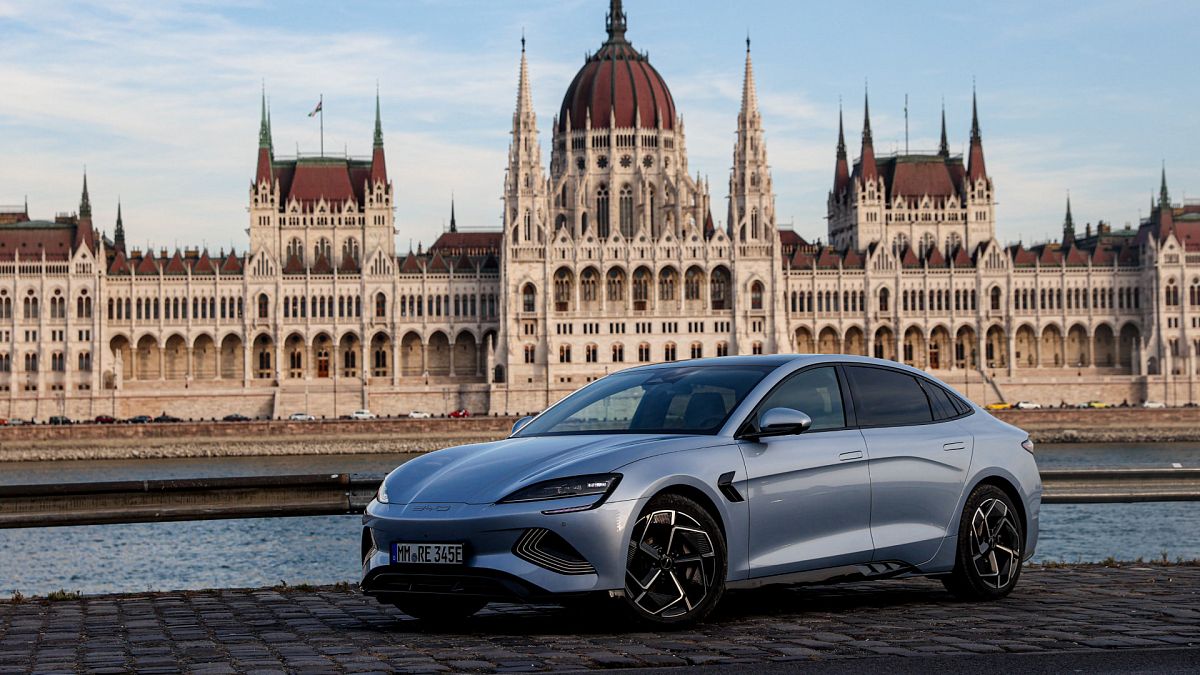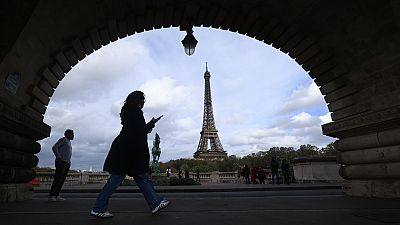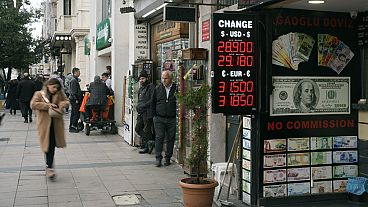Elon Musk may not be sitting too long on top of the world's biggest electric car empire.
Chinese automaker BYD calls itself 'the biggest car brand you’ve never heard of,' yet they are on the verge of surpassing Tesla in global sales, according to a new report.
Although BYD is one of the world's largest electrical vehicle (EV) manufacturers, the brand is not widely known among European car buyers.
However, this might soon change, given BYD's strong sales performance in two crucial European markets, Germany and Sweden. The company has also announced the opening of its first European EV factory in Hungary.
Meanwhile, BYD has been steadily increasing its global sales and is poised to close in on Tesla in the last quarter of the year. Bloomberg data shows that the US automaker sold only 3,456 more EVs than its Chinese counterpart in the three months to September 2023.
But what is BYD doing better than Tesla?
The name BYD stands for 'Build Your Dreams', which is exactly what its founder Wang Chuanfu did. He grew up in the impoverished village of Wuwei in eastern China’s Anhui province and today he is worth $14.8 billion, according to Bloomberg.
Wang started the company in 1995 to make electric batteries. Now the firm is involved in car making, rail transit, renewables and electronics.
BYD introduced its first car model, a plug-in hybrid called the F3DM, in 2008. Just in time to benefit from the newly emerging Chinese government subsidies for plug-in car purchases, including tax breaks for consumers, incentives for manufacturers, support for research and development, and cheap loans.
The growth potential of the company caught Warren Buffett's eye, too. Berkshire Hathaway Inc. paid about $230 million (€208 million) for about one-tenth stake in the Chinese automaker in 2008.
Tesla CEO Elon Musk, however, took his time to take the brand's potential seriously. Musk has even made jokes about the Chinese automaker years ago but now even he recognises the competition.
Meanwhile, BYD had succeeded in bringing down the prices of plug-in cars so they could enter healthy competition with combustion engine vehicles.
The rapidly innovating brand left several competitors behind, and today BYD is present in more than 70 countries on six continents and scooped 9th place in the global overall car sales ranks.
BYD has strong sales reported from Brazil, Vietnam, Australia, New Zealand, Germany and Sweden, but it is strong most of all in China, the biggest car market in the world.
It offers six models that cost much less than what Tesla charges for its cheapest Model 3 sedan in China.
Sales of BYD models are also supported by favourable borrowing costs in China. Meanwhile, Tesla is more present in the US and European markets, where loans more costly.
However, the design of the BYD models is not in the same league as Tesla yet, and the US EV giant still has BYD beat on revenue, income and market capitalisation, but these gaps could soon close. Analysts at Bernstein forecast Tesla will generate $114 billion (€103 billion) in sales to BYD’s $112 billion (€101.2 billion), reported Bloomberg.
Part of BYD's 2024 success might stem from the expected launch of its third-generation EVs offering more technology, such as automated driving - an area BYD hasn't conquered yet with its affordable products.
Meanwhile, emerging competitors could give both Tesla and BYD more headaches in the near future, including well-funded tech giant Huawei Technologies.



